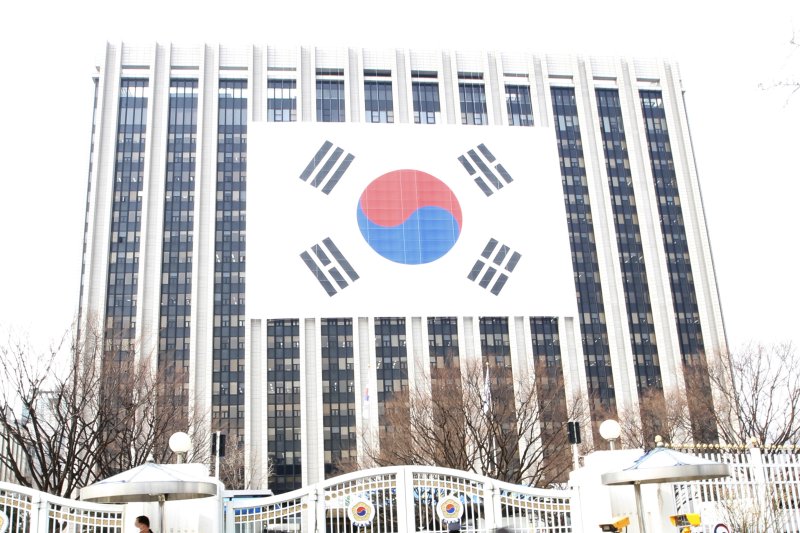
South Korea’s economy is at the center of a debate among presidential candidates ahead of an election in March 2022. File Photo by Kim Hee-Chui/EPA-EFE
July 9 (UPI) -- A dispute over universal basic income is casting a shadow over South Korean presidential candidates of the ruling Democratic Party as they face a political opposition enjoying a surge in popularity.
Gyeonggi Province Gov. Lee Jae-myung, a member of the ruling party, is coming under criticism for allegedly changing his position on universal basic income. Lee "pledged" to make the policy a priority if elected president, but more recently has been wavering on the idea, News 1 reported Friday.
Lee said last Friday that he "cannot say" that the plan would be his No. 1 promise to the public, after committing to the idea for weeks, the report said. Lee already has implemented small cash payments to financially needy people in his province during the COVID-19 pandemic.
Lee's alleged hesitation made him the target of his fellow Democrats on the debate stage Monday. Rival politicians, including former Prime Minister Chung Sye-kyun said that Lee's will was "shaken" and that he should apologize to the public for his change of position.
Chung, who resigned from office to launch his presidential campaign, said Friday in Busan that job creation and not checks from the government is the answer.
South Korean youth want to work and are not looking for guaranteed income, Chung said.
The country "is experiencing wealth inequality as home prices rise," Chung said. "Many young people have lost their hopes and dreams."
Prices of apartments have skyrocketed in cities like Seoul and Busan under President Moon Jae-in.
South Korea's opposition conservatives have said the government's policies are a failure. The People Power Party has been rising in surveys as dissatisfaction grows among voters.
A poll from Gallup Korea released Friday indicates the main opposition has surpassed the ruling party in approval ratings. The PPP, led by 36-year-old newcomer Lee Jun-seok, had an approval rating of 32%, slightly higher than the 31% rating for Democrats.
The main opposition is leading for the first time since 2016, when former President Park Geun-hye came under investigation for corruption, according to Segye Ilbo.
No comments:
Post a Comment